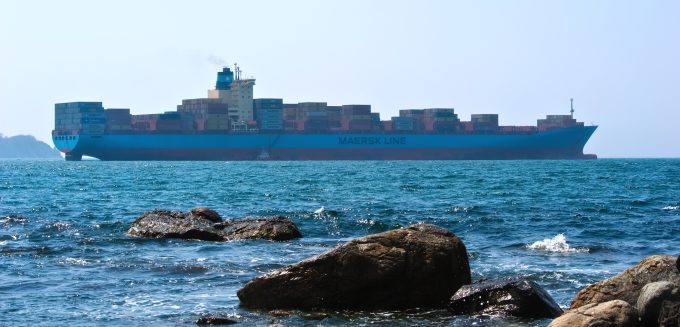MSC fleet now 900 vessels-strong
After taking delivery of the 16,000 teu MSC Germany this week, Swiss-headquartered carrier MSC broke ...

After a short block on bookings this week, Maersk Line is again accepting cargo from North Europe to Asia.
However the line said the capacity situation remained “tight”.
On Wednesday, Maersk stopped booking export containers from Europe to Asia and the Middle East – a temporary block it expected to run until 27 March.
But yesterday Maersk sent an e-mail to The Loadstar to confirm it has now begun to accept bookings again.
The carrier said: “We have been reviewing our options to minimise the backlog with the least ...
Ecommerce air traffic to US set to grind to a halt as de minimis exemption ends
Maersk u-turn as port congestion increases across Northern Europe
Apple logistics chief Gal Dayan quits to join forwarding group
Widespread blanked sailings stave off major collapse of transpacific rates
Transpac rates hold firm as capacity is diverted to Asia-Europe lanes
Airlines slash freighter capacity post-de minimis, but 'the worst is yet to come'
Houthis tell Trump they will end attacks on Red Sea shipping
MSC revamps east-west network as alliance strategies on blanking vary
Maersk Air Cargo sees volumes fall as it aims for 'margin in favour of revenue'
India-Pakistan 'tit-for-tat' cargo ban sparks sudden supply chain shocks
Gemini Cooperation carriers steam ahead of rivals in reliability stakes
Containership charter market feels the ripples from trade tensions
Changing shipment origin won't wash: US CBP turns away whole truckloads
Expeditors reports healthy growth in a 'frenzied landscape of tariffs'
Tariff on imported products for drugs would be hard for US pharma to swallow
Atlas Air stays bullish on US change: 'we're flexible, we can fly to other markets'


Comment on this article